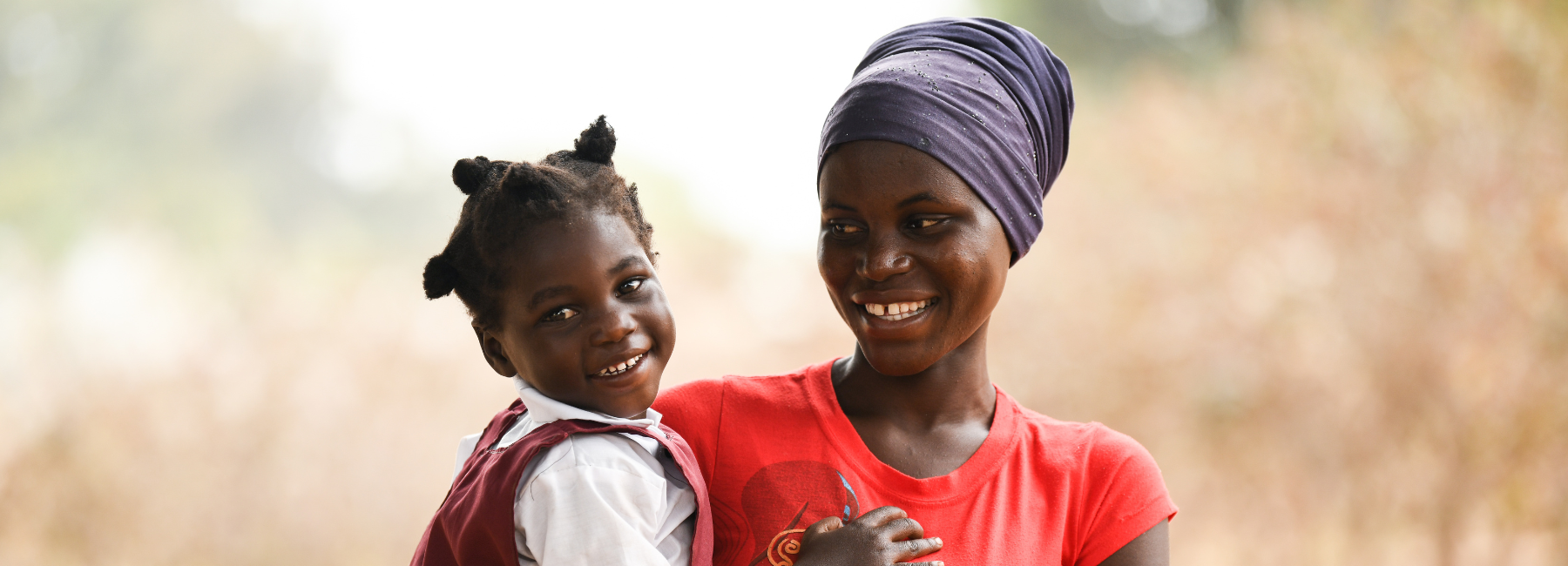Our organisation
Useful links
With a changing landscape comes a changing role for Able Child in how to best support children with disabilities in Africa.
Read our 2030 Strategy here.
For the last 40 years Able Child has been part of a progressive change to support African organisations working to improve the lives of children with disabilities. As our reach has grown over the last ten years, we began a process to analyse what our role has been, what it is now and what it should be in the future.
Out of this, we have developed a new way forward.
A direction that creates an organisation which is fit for purpose, that builds a model aligned with the interests of our current partners in Africa, and ensures we are best placed to achieve our vision of ensuring no child with a disability is left behind.
How we are doing things differently
We are implementing a new network model to bring together the leading African organisations working with and for children with disabilities across the continent.
The network is made up of the leading African organisations who share a common vision of a ‘world in which no child with a disability is left behind.’ These are organisations who were founded in and are based in Africa, and who work specifically on improving the lives of children with disabilities. Together, we are working across Africa, breaking down barriers to inclusion so that children with disabilities are able to thrive.
Our theory of change
Why we need the network
Broaden our impact
Principally we want to do more. We are really proud of our partnership model and it has been a strong driver of our success over recent years. But we believe we can achieve greater impact as a wider network of likeminded organisations across Africa.
Positing ourselves
This will be the leading network working solely to improve the lives of children with disabilities in Africa. We will bring together expertise from the best African NGOs to lead the conversation on what works for children with disabilities in development planning.
Changing landscape
There have been significant social shifts in our area of work that requires us to respond. The anti-racism movement, alongside dialogues about unequal power dynamics and outdated, colonial approaches to development brings with it a need to be self-critical and a responsibility to adapt to new ways of working.
Listening to our partners
Our partners told us they wanted to do things differently. They want to take the lead and make decisions about how we support and allocate our funds. They wanted to challenge extractive reporting and to have direct relationships with donors. They believed they were stronger together. So, we listened.
Steps to 2030
This is a journey that will begin with the incubation of the new network model within our current structure, allowing a supportive environment for the network to learn and grow. Once up and running, the network will have greater decision making power over the organisation and decide how we prioritise our activities.





